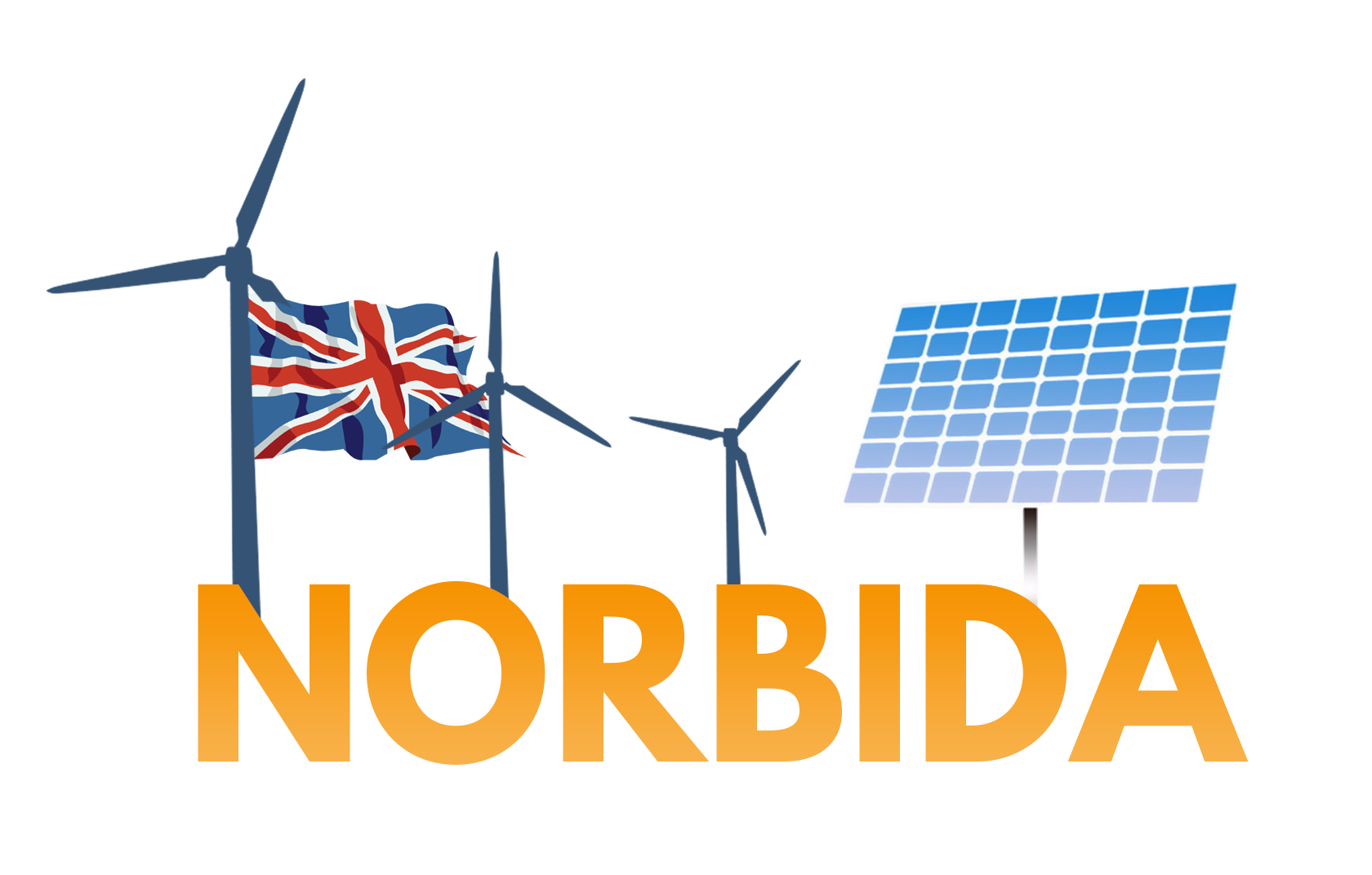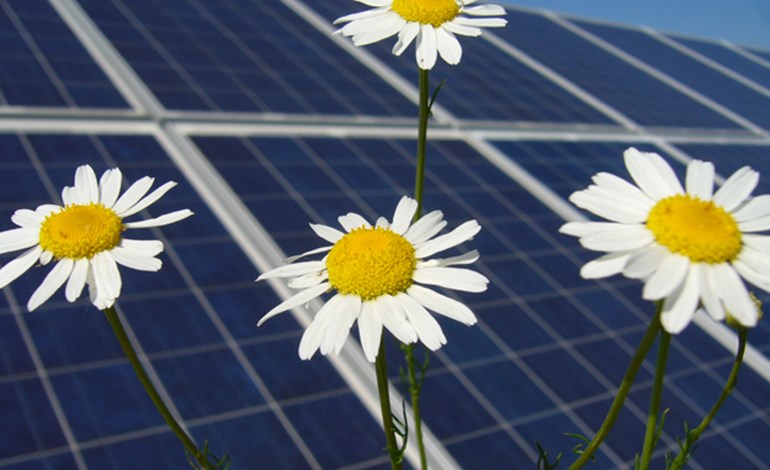New research reveals total investment in European solar energy startups is up 398% compared to this time last year. Solar startups in Europe received $6bn in backing in the first five months of 2023, compared with $1.2bn raised by the same point in 2022. Avnet Abacus, an electronics distributor, has produced the findings after analysing Crunchbase data for companies listed in the solar energy category to provide insight on the level of funding going into the sector. The average funding round for European solar startups in 2023 is at a record high of $166m. In other key findings by Avnet Abacus, globally investment in the solar sector is up 47%, with funding down 7% in the US so far this year. Despite the continued uncertainty in the venture capital market, average investment in European solar is at an all-time high at $166m, compared with an average of $88.3m in 2022 and $22.9m in 2021.
The figure flowing into European solar so far this year eclipses the sector’s global average of $116.8m and the US average of $113.8m, stated Avnet Abacus. Sara Ghaemi, Avnet Abacus’s Technical Director, said: “Even though solar technology is relatively mature, there is still a lot of room for growth and innovation. “There is growing demand around the world, and government policies and incentives continue to support investment in this area, with engineers continually seeking new ways to make solar more efficient. “Rooftop solar panels could potentially produce 25% of Europe’s annual electricity consumption. As well as the available rooftop surfaces, the facade of the buildings can also contribute to the generation of green energy. “When looking for a replacement to fossil fuels, however, rooftop and facade panels will not be enough. “This will require large scale photovoltaic farms, where you’re talking about megawatts of power generation. “At such high power and high energy density, recent developments in silicon carbide and gallium nitride technologies are enabling power to be converted with greater efficiency than traditional silicon-based components.”
Credits: renews.biz [Image: Dulas]

